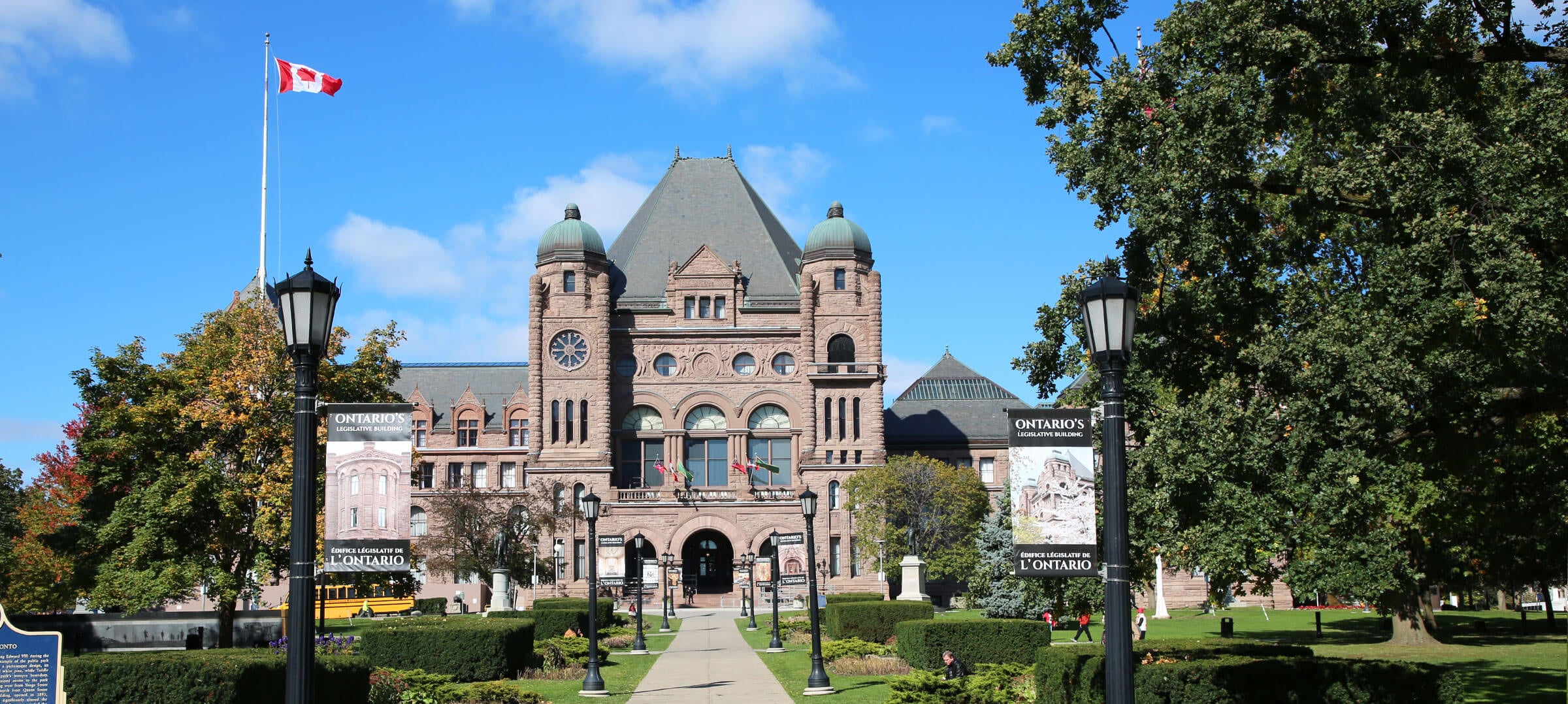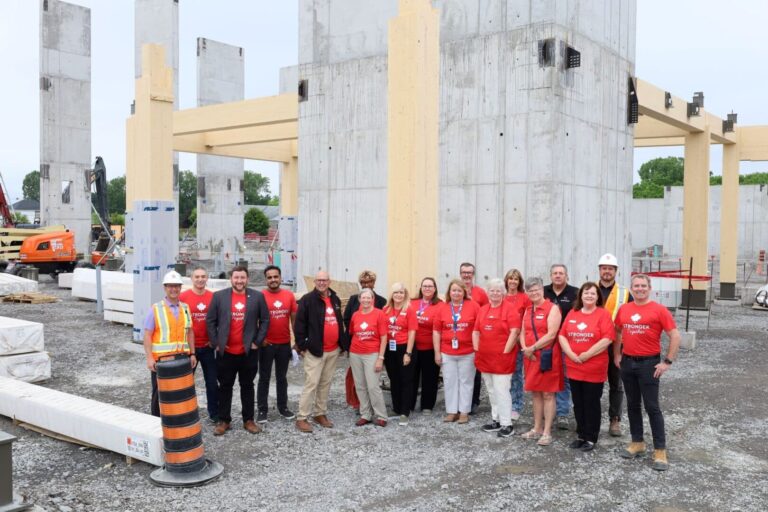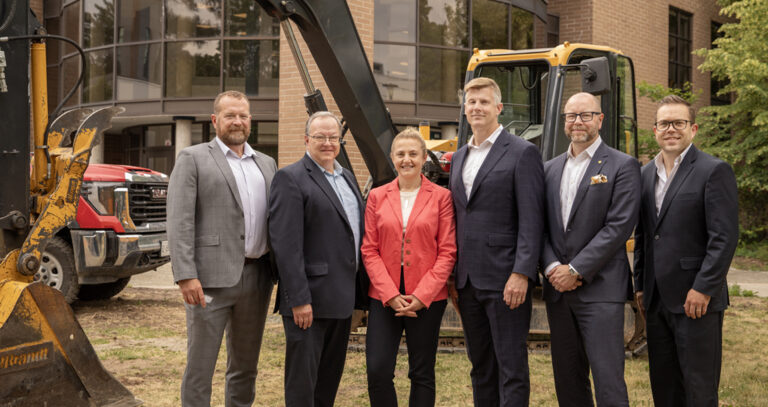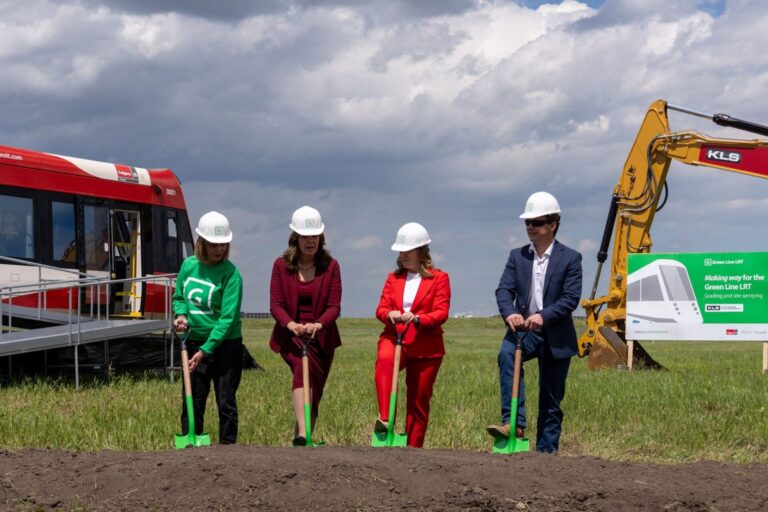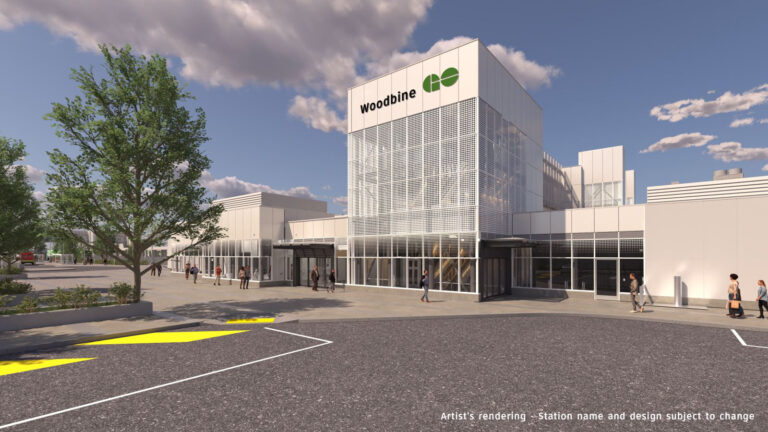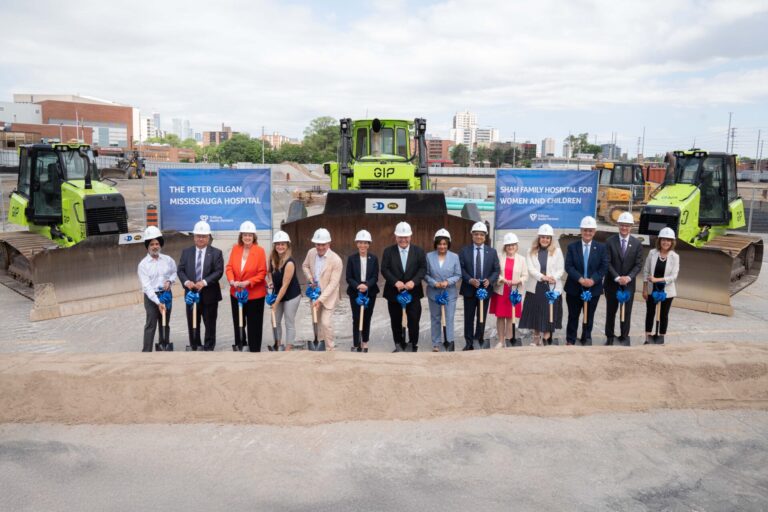The Ontario government is introducing a package of legislative and policy measures that would, if passed, accelerate the building of key infrastructure projects to boost economic recovery from the COVID-19 pandemic and modernize various policies.
The Ontario Rebuilding and Recovery Act, 2020 is designed to support the construction of better-connected highways and public transit networks, transit-oriented communities, and affordable housing.
“It’s absolutely critical to lay this groundwork to ensure infrastructure projects can take off without any further delays,” said Ontario Premier Doug Ford. “These are projects that will create good jobs across the province, ensure communities are better connected by road and transit, and contribute to a strong economic recovery for every part of our province.”
The proposed legislation would reduce barriers in the planning, design and construction of major infrastructure projects like highway and public transit networks, and support the growth of transit-oriented communities.
“The current approach to building major infrastructure projects is plagued with red tape and costly delays,” said Minister of Transportation Caroline Mulroney. “Through these proposed measures, we’re getting shovels in the ground more quickly on transportation projects that will improve the lives of Ontarians right across the province.”
If passed, the suite of additional measures would help to further reduce risk and costs, mitigate unnecessary delays and could encourage competitive bidding associated with transit projects. In addition, the government would work to modernize policies and align processes for consistency to improve public services.
The government is also helping to address zoning, land availability and site plan approval concerns for priority long-term care home development by leveraging support from the Provincial Land and Development Facilitator and by recognizing that the Minister of Municipal Affairs and Housing has existing authority to make Minister’s Zoning Orders under the Planning Act. This approach is already benefiting communities like Ajax, Mississauga and Toronto.
“Modernizing long-term care in Ontario continues to be a key priority of our government,” said Dr. Merrilee Fullerton, Minister of Long-Term Care. “These initiatives will enable us to build homes faster, which will help us develop more capacity to address the waitlist, and provide our loved ones with better places to live and the care and support they need.”
Additional measures will also support more private sector investments to potentially fund and accelerate broadband expansion in communities across the province. The government is committed to collaborating with municipal partners, Indigenous communities and organizations, and the private sector to accelerate project delivery for the benefit of individuals, families and businesses.
Since passing the Transit-Oriented Communities Act, we’ve heard from several municipalities that want to make transit-oriented communities a priority to help create additional housing and to better deliver transit projects,” said Kinga Surma, Associate Minister of Transportation (GTA). “That is why we are expanding our transit-oriented communities approach beyond new subway stations, to other provincial transit projects, such as GO Heavy Rail and light rail transit.”
The Ministry of Transportation intends to post a link to the bill on the Environmental Registry of Ontario for a 30-day comment period and, if required, would provide additional opportunities for public engagement.
For a link to the registry, click here.

